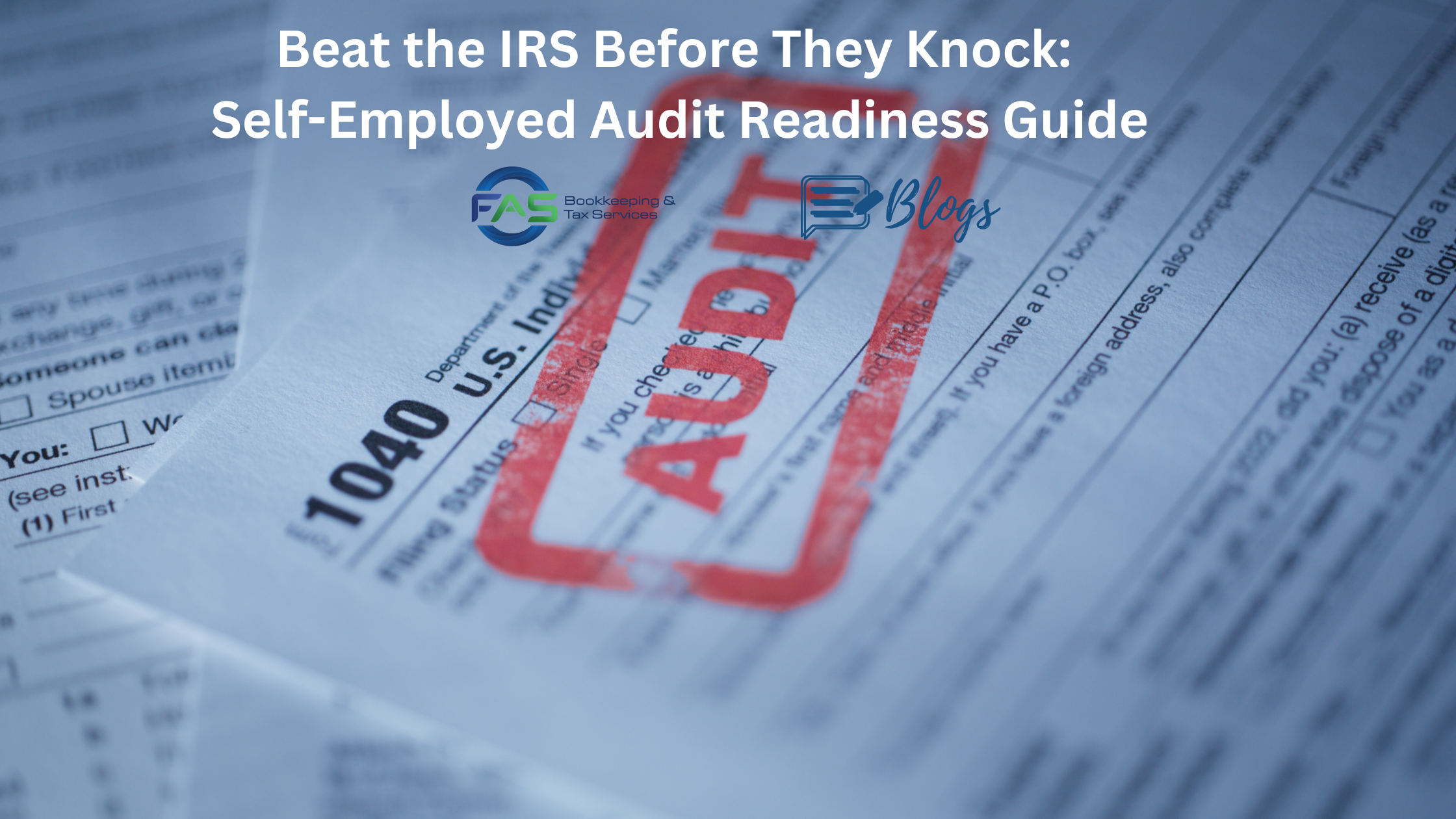All eyes are on Bitcoin as it tries to regain its all-time-high price of $60,000 after slumping into a 40% decline early this year. Just like you, the Internal Revenue Service (IRS) is also watching. If you own cryptocurrencies, like Bitcoin, Ethereum, or Hedera Hashgraph, you need to know how does crypto get taxed!
How does crypto get taxed?

As of writing, cryptocurrencies are taxed based on an IRS ruling made in 2014 determining that crypto should be treated as a capital asset; just like stocks or bonds. It is not considered as a currency like the dollar or the euro. This ruling has major effects on people who own cryptocurrencies as it opens them up to more complicated taxes.
Capital assets are taxed whenever they are sold at a profit. When you purchase something with crypto, and the amount of crypto you spent has gained in value over what you paid for it, your spending incurs capital gains taxes.
To help you visualize, here is an example. Let’s say for this instance that you bought $10 worth of Bitcoin and held it as it rose in value to $100. If you then used bitcoin to buy $100 worth of groceries, you’d owe capital gains taxes on the $90 in profit that you have realized by using it to pay for groceries, even though it seems to you that you simply spent Bitcoin, rather than sold it. For the IRS, it’s the same thing.
The main factor why the IRS classified cryptocurrency this way may have been because of the way most people treat it. Instead of using it as a medium of exchange, the majority of people hold on to it just like an investment. So how does crypto get taxed? Well, read below so you know how does crypto get taxed and get equipped with the right tax knowledge to avoid a crypto tax audit!
What is crypto?

A cryptocurrency is unlike the dollar bill in your hand. crypto has no physical token to solidify its existence. It is a decentralized, digital store of value and medium of exchange that has no centralized governmental oversight.
Cryptocurrencies rely on encrypted data called Blockchain technology to record and verify all transactions. Think of the blockchain as a checkbook that is constantly being updated to track every single transaction made every time and everywhere all over the world.
Bitcoin was the first-ever crypto to see the light of day in 2009. To date, there are thousands of others in circulation, including Bitcoin Cash, Litecoin, Monero, Ethereum, and Hedera Hashgraph.
Capital Gains vs. Capital Losses

Here’s a piece of good news for you! You only owe taxes if you spend or sell your crypto and realized a profit. If you sell or spend crypto at a loss, you don’t owe any taxes on the transaction.
For example; you bought $1,000 in Bitcoin and sold it for $5,000, your taxable gain would be $4,000. But if you sold the same Bitcoin for $500 you would owe nothing to taxes.
How Much Do You Owe in Crypto Taxes?

The amount you owe for taxes in your crypto would depend on your annual income and how long you’ve held your crypto.
- If you owned your coins for less than one year before spending or selling them, any profits would be considered Short-term Capital Gains, you will be taxed at your normal income tax rate.
- If you held your crypto for a year or more, any profit deriving from its sale would be considered a Long-term Capital Gain, you will be taxed at a lower rate determined by your annual income.
If you earn cryptocurrency by mining it or received it as a promotion or as payment for goods or services, it counts as regular taxable income. You will owe tax on the entire value of the crypto on the day you received it, at your regular income tax rate.
Determine If You Owe Crypto Taxes

Whether you owe taxes on your crypto or not would depend on how you got it and how you use it.
- Did you mine crypto? – “Mining” crypto is when you use computers to solve complicated equations and record data on the blockchain. In exchange for this work, you may receive payment in new crypto tokens. You owe taxes on the entire value of the cryptocurrency you’ve obtained by mining.
- Did you get crypto as a reward or an airdrop? – If you receive crypto through a marketing promotion or an airdrop, it will count as a part of your taxable income.
- Did you receive payment for goods or services in cryptocurrencies? – If someone pays you crypto for goods or services rendered, the entire payment will count as a part of your taxable income, just as if they paid you in cash. Unlike a cash transaction, your customer might also owe income taxes if their crypto provides them with greater value than they paid for it.
- Did you sell crypto to realize an investment gain? – If you sold your crypto for more than you paid for it, you do owe tax on the gain as you would with stocks or mutual funds.
- Did you convert or exchange one crypto for another? – When you convert or swap crypto from one to another, you will owe taxes on any gains you earn in the transaction. If you purchased $400 worth of Bitcoin and used it to buy $1000 worth of HBAR, you’d owe taxes on $600 in realized profit, even though you’re just exchanging one crypto for another.
What are the tax implications of donating, gifting, or inheriting cryptocurrencies?

Cryptocurrency donations are treated in a similar fashion as cash donations. They are tax-deductible. An appraiser will assign a fair market value for the coin based on its market price at that time. The donor is not required to pay any taxes on the price gain. Gifts of crypto below $15,000 are not subject to income. If the recipient of a crypto gift over $15,000 decides to sell the gift, then their cost basis remains the same as that of the donor. Inherited crypto assets are treated the same way as other assets, meaning they are subject to the same estate regulations as other assets.
Things to Consider when it comes to Crypto Taxes?

Crypto Tax and reporting it is not as simple as it seems. The volatility of crypto prices makes it difficult to determine the fair value of the crypto on purchase and sale transactions. It is also difficult to use and identify the appropriate accounting method for use in crypto taxation. The Last in, First Out (LIFO) and the Highest In, First Out (HIFO) have the potential to decrease taxes but the IRS has approved very few instances of their use for crypto traders. First In, First out (FIFO) is the most commonly used method for crypto accounting.
While this might seem like a lot to digest, don’t take any shortcuts. The IRS is cracking down on unreported crypto transactions! Be on the safe side and send us a message and our team of expert and experienced tax professionals will help you prepare your Crypto Taxes.





